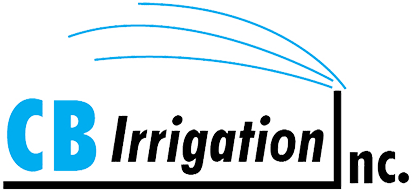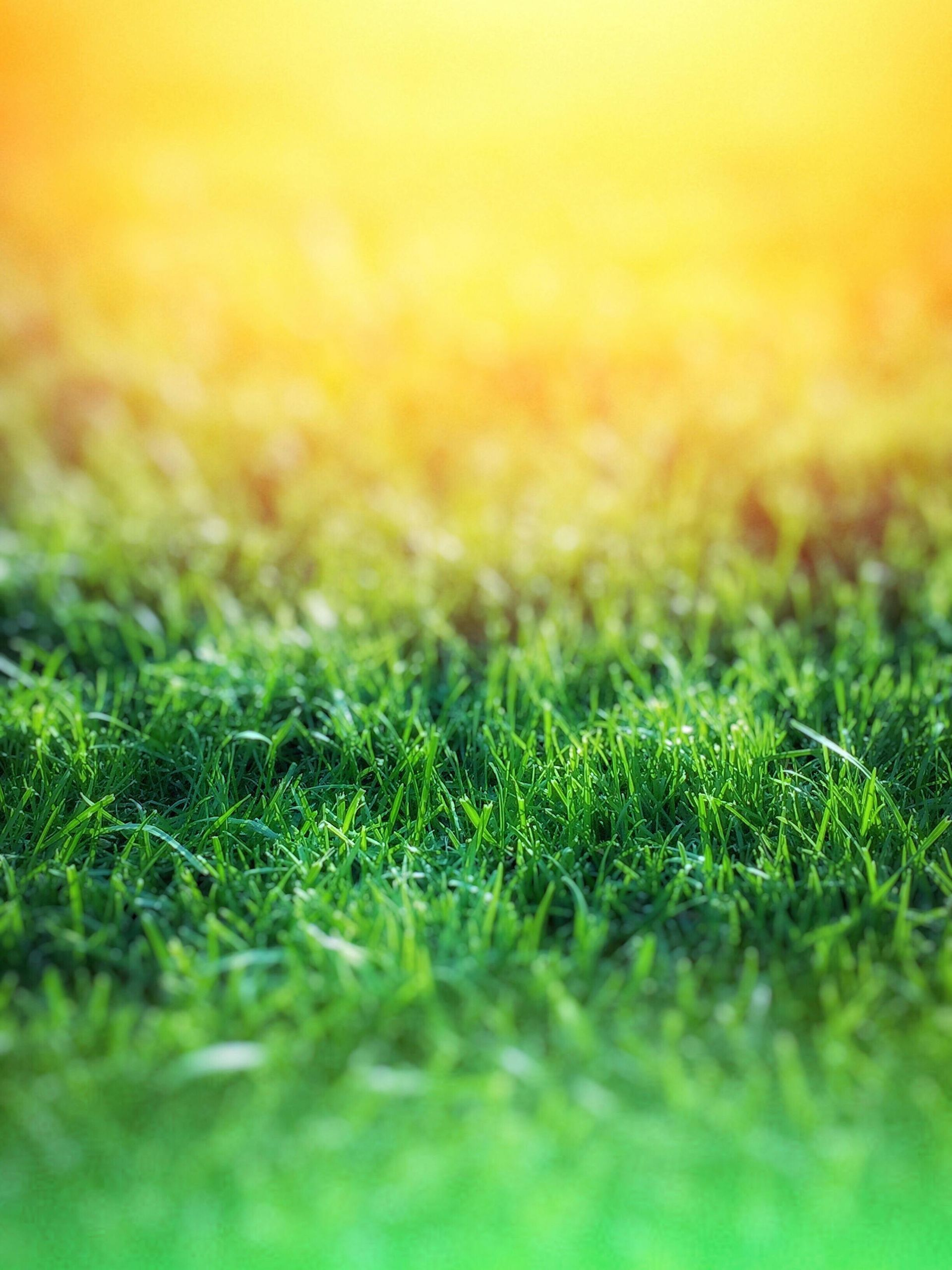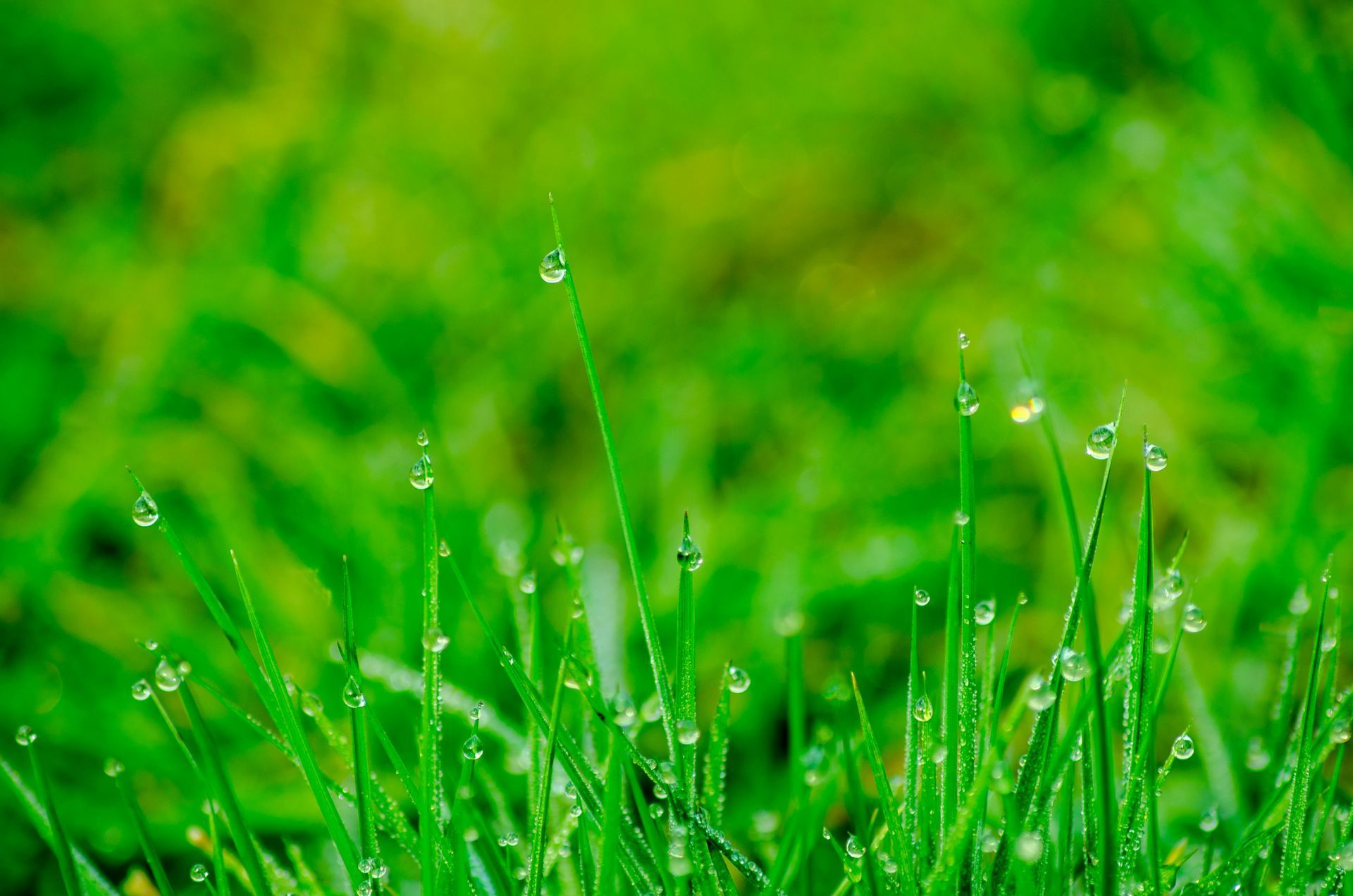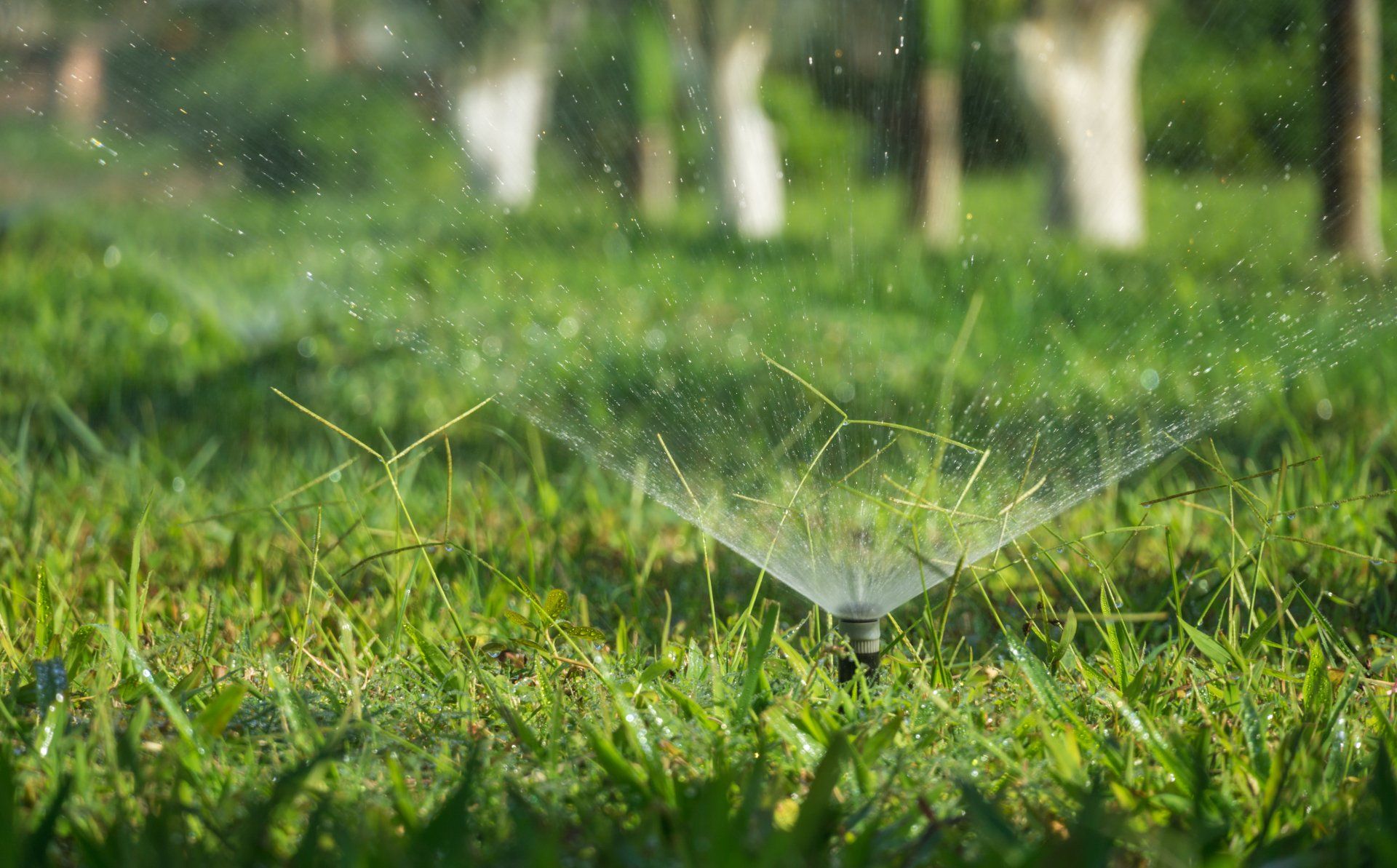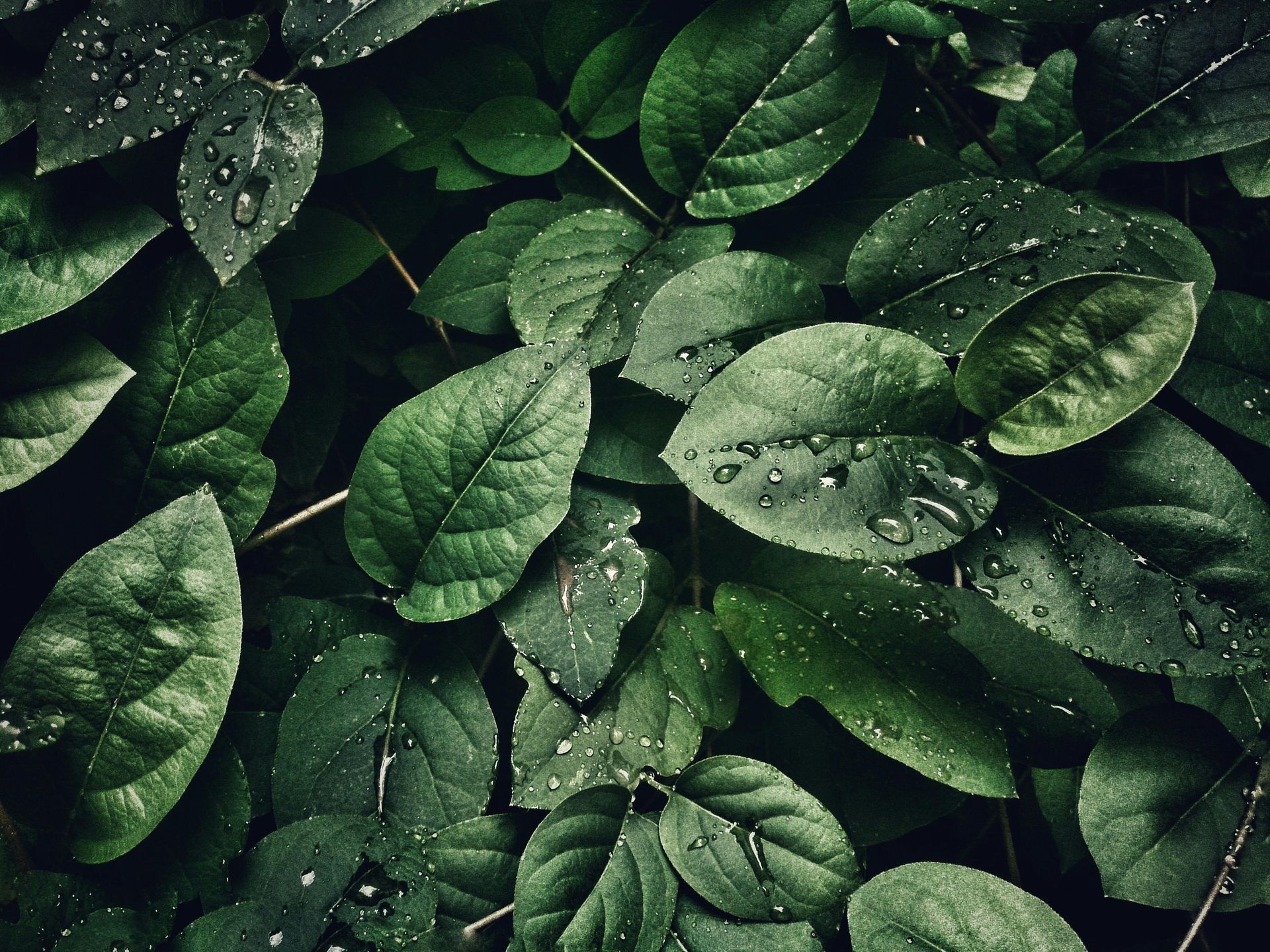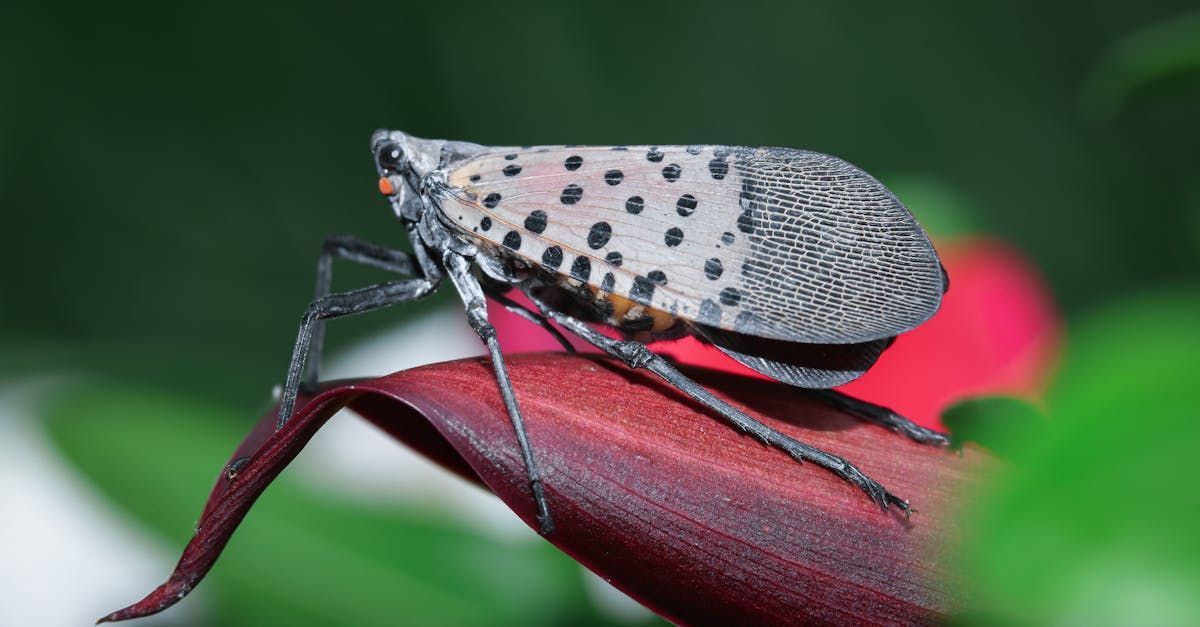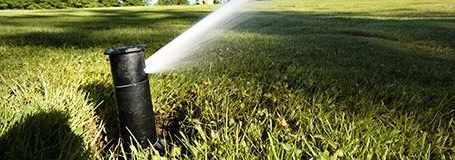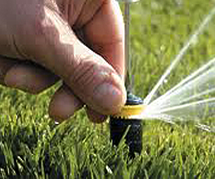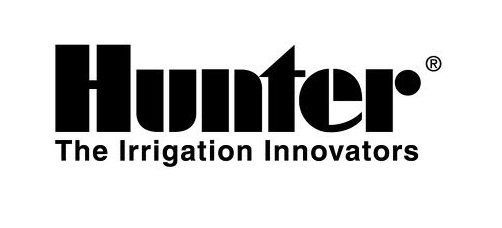Can Mulch Make a Difference?
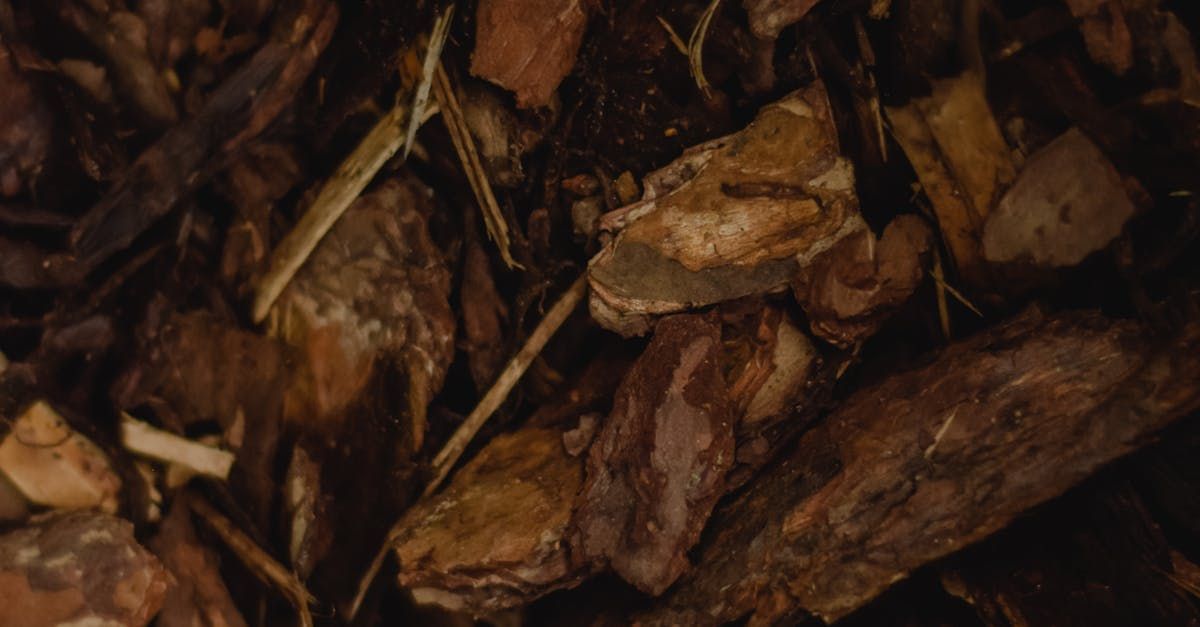
Well, July is certainly off to a very "hot" start, and we hope you all had a great Independence Day and long weekend! Yes, it's hot, but then again, it usually is year over year... But for this month's Blog, we're not going to talk about Mother Nature's Heat and the Weather. No, this month we're going to discuss mulch, yes, you read that right, mulch, and why it can be very underused and definitely underrated.
Mulch is an often underappreciated but incredibly valuable tool in the gardener’s arsenal. It provides numerous benefits that contribute to the health and efficiency of your irrigation system. In Bucks County
where maintaining a lush, thriving garden can be challenging due to seasonal changes, mulch can play a pivotal role in enhancing irrigation efficiency. Here’s how...
Benefits of Mulch:
Improved Water Retention, Mulch acts as a protective layer over the soil, reducing evaporation. This means that the water you apply to your garden stays in the soil longer, providing more consistent moisture to plant roots. Reduced Need for Frequent Watering by retaining moisture, mulch reduces the frequency with which you need to water your plants. This is particularly beneficial during dry spells or when water restrictions are in place.
Soil Temperature Regulation, Mulch helps insulate the soil, keeping it cooler in the summer and warmer in the winter. This temperature regulation reduces plant stress and helps roots to stay healthy and hydrated.
Weed Suppression A thick layer of mulch can prevent weed seeds from germinating. Fewer weeds mean less competition for water and nutrients, allowing your plants to thrive with less water. Soil Health Improvement Organic mulches, such as wood chips or straw, decompose over time, adding valuable nutrients to the soil. This improves soil structure and its ability to retain water.
Erosion Prevention Mulch helps to prevent soil erosion by reducing the impact of rain and irrigation water on the soil surface. This keeps the soil intact and reduces the amount of water needed to replace lost soil.
Types of Mulch:
Organic Mulch
- Wood chips
- Straw
- Compost
- Grass clippings
- Shredded leaves
Inorganic Mulch
- Gravel
- Stones
- Landscape fabric
- Rubber mulch
Each type of mulch has its own set of benefits and is suited to different gardening needs and preferences.
How to apply Mulch?
- Prepare the Soil Before applying mulch, ensure the soil is free of weeds and well-watered.
- Choose the Right Mulch Select a mulch that suits your garden’s needs. For water retention, organic mulches like wood chips or straw are excellent choices.
- Apply the Mulch Spread a layer of mulch around your plants, typically 2-4 inches thick. Be careful not to pile mulch directly against plant stems or tree trunks, as this can lead to rot and pest issues.
- Maintain the Mulch Layer Regularly check the mulch layer and replenish it as needed, especially after heavy rains or high winds.
Incorporating mulch into your gardening routine, can significantly enhance irrigation efficiency. By improving water retention, reducing the need for frequent watering, regulating soil temperature, and suppressing weeds, mulch helps create a healthier, more sustainable garden. Whether you choose organic or inorganic mulch, the benefits will be evident in the lushness and vitality of your plants.
Thanks as always for checking in and have a great July!
- CB Irrigation Inc.
